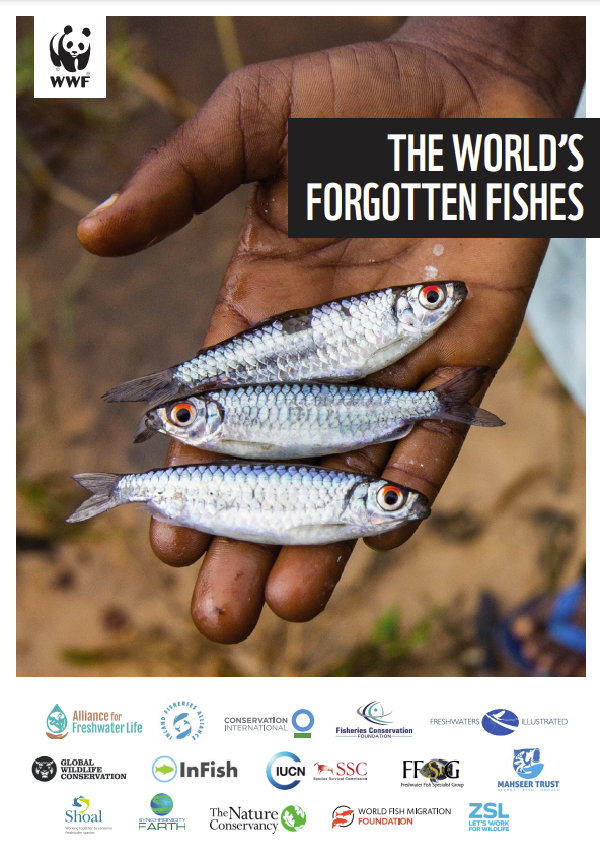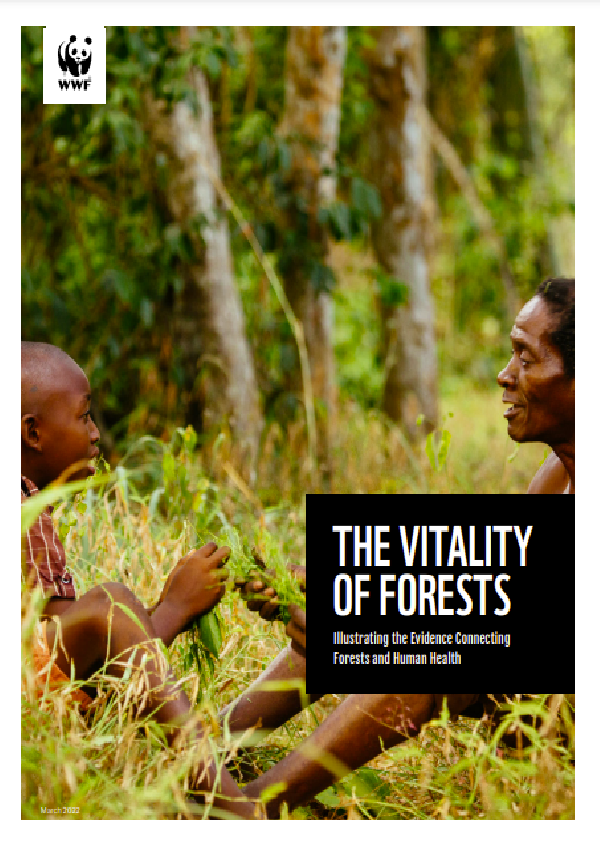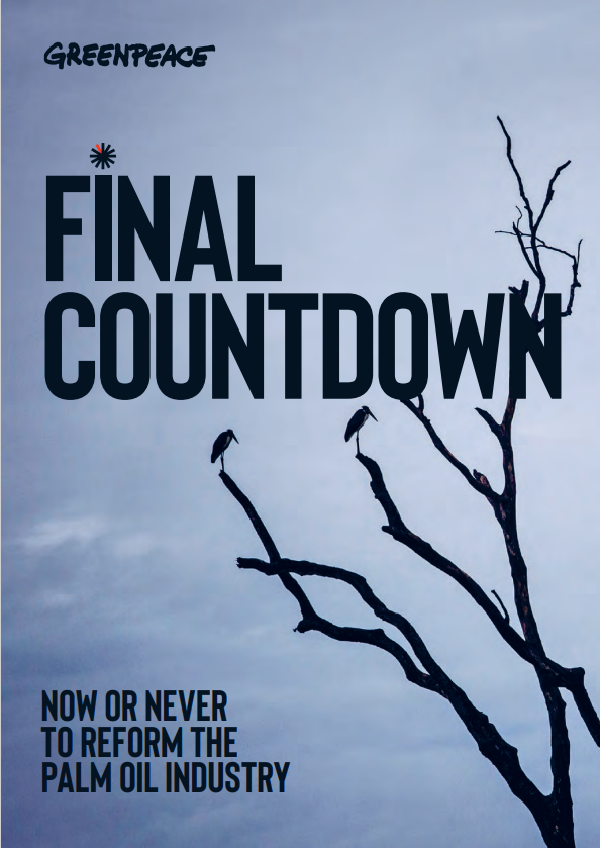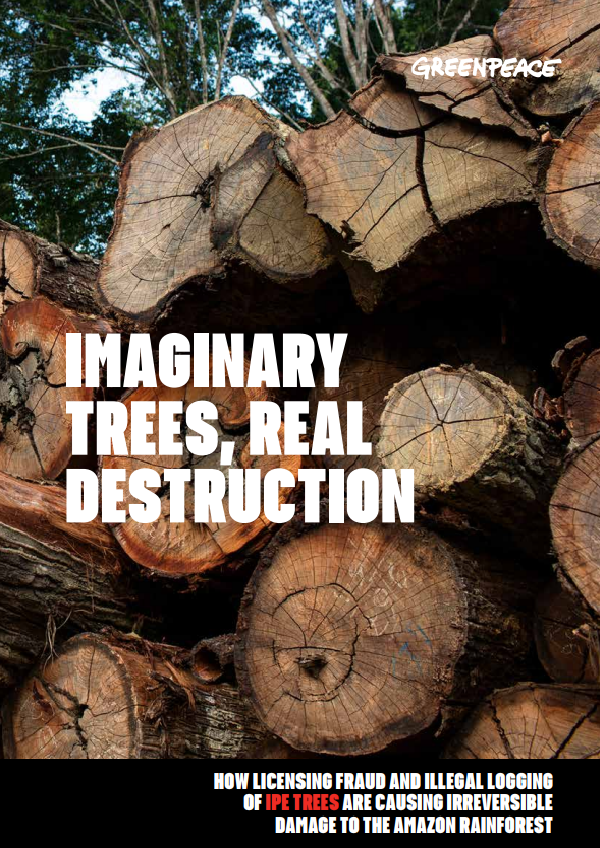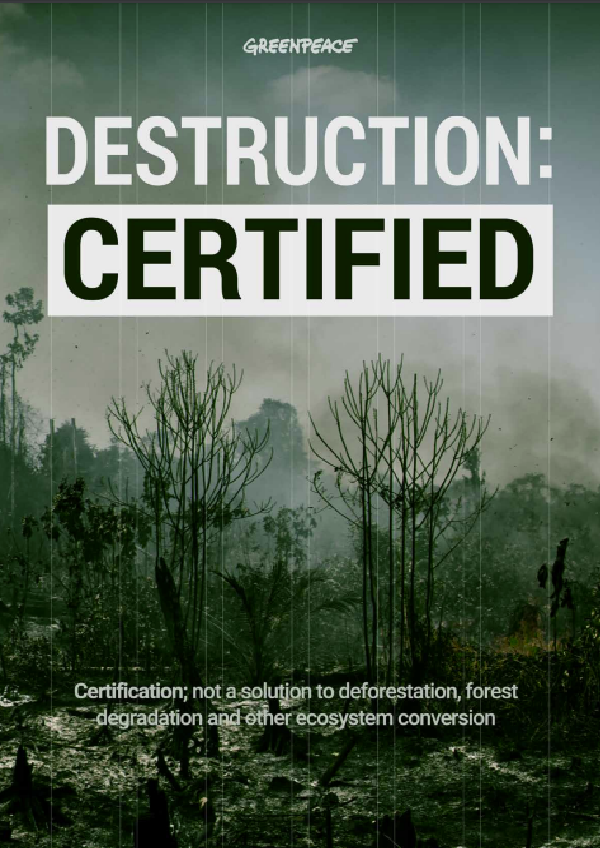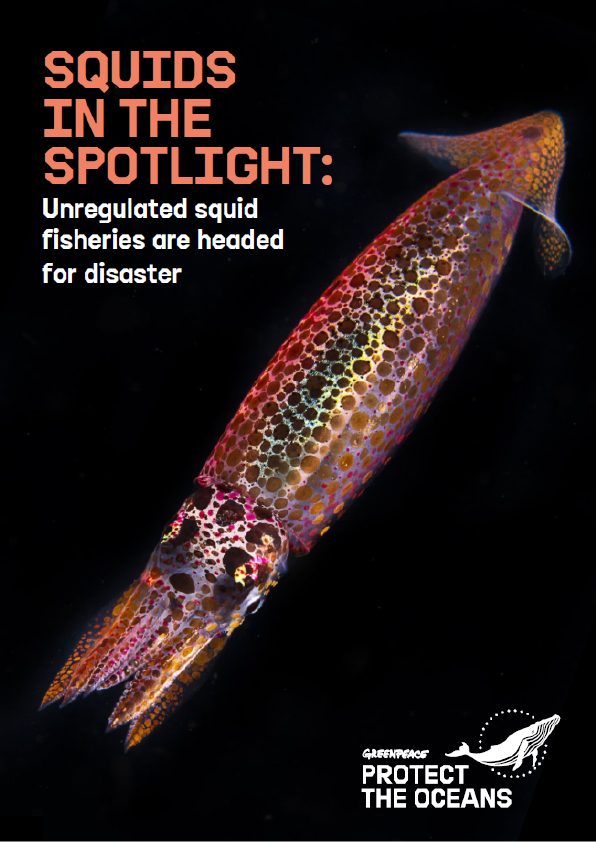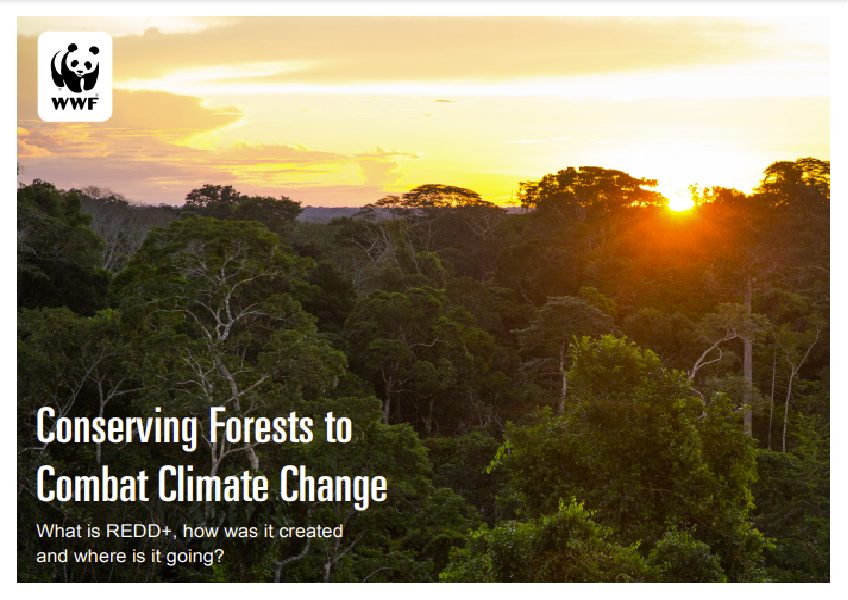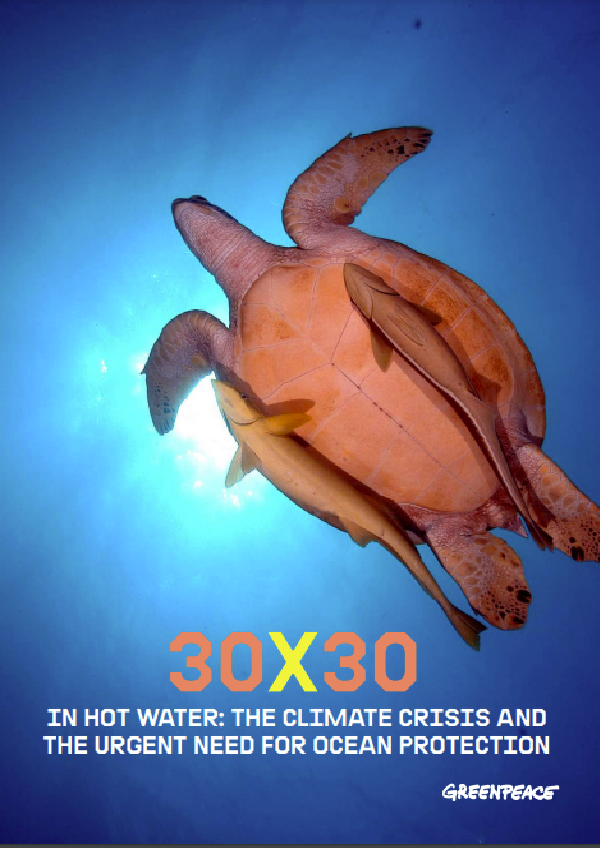We’re entering a critical time for the future of the planet, and the nations of the world finally seem to be getting the message. Governments are working to ramp up their climate change commitments under the Paris Agreement and will be meeting in 2021 to agree new targets to protect and restore nature under the Convention on Biological Diversity. There’s consensus on the urgent need to stop deforestation, wetland degradation, ocean pollution and the decline in species populations, and a growing wave of support for conserving 30 per cent of our planet by 2030. Meanwhile, environmental issues like the impact of our food systems, unsustainable production and consumption, and microplastics are becoming mainstream concerns.
In short, there’s never been more awareness of – or efforts made to solve – the pressing environmental challenges we face. But there’s one glaring exception that seems to have slipped under the decision-making radar: our overlooked and undervalued freshwater fishes. Not many people realize how important these species are and even fewer realize quite how seriously they’re threatened.
Let’s take their importance first. Did you know there are more fish species living in fresh water than in all our seas and oceans? Or that hundreds of millions of people around the world rely on them for their food and livelihoods, particularly in vulnerable communities and among indigenous peoples? Freshwater fishes are also critical for the health of all kinds of ecosystems, and support food webs that extend from birds to bears, and from mountains to mangroves. Beyond that they drive multibilliondollar industries for anglers and aquariumlovers alike, while historically they’ve been entwined in cultures on every continent.
Nevertheless, our freshwater fishes are in terrible trouble. Migratory populations have fallen by three-quarters in the last 50 years.
During the same period, populations of larger species – the so-called ‘megafish’ – have crashed by a staggering 94 per cent. Nearly a third of all freshwater fish species are threatened by extinction – and for 80 extinct species it’s already too late.
There’s no mystery about why freshwater fish numbers are falling so precipitously: habitat degradation, poorly planned hydropower, pollution, over-abstraction of water, unsustainable sand mining, the introduction of invasive non-native species, wildlife crime and, of course, climate change are among the factors pushing fish populations to the brink.
Clearly, this can’t continue: we must act, and we must do it urgently because if we leave it much longer it’ll be too late. That’s why WWF and the 15 NGOs and alliances signed up to this report are championing an Emergency Recovery Plan for freshwater biodiversity and taking action to reverse decades of decline.
The six-pillared plan is based on sound science and real experience: we know the measures it contains can work. By protecting and restoring natural flows, water quality and critical habitats while working to undo the harm caused by overfishing, sand mining and invasive species, we can make a decisive difference.
We can and we must act now. Freshwater fishes, in all their dazzling diversity, have been forgotten for too long. I hope that when you read this report you’ll agree, and that together we can pull them back from the brink.
